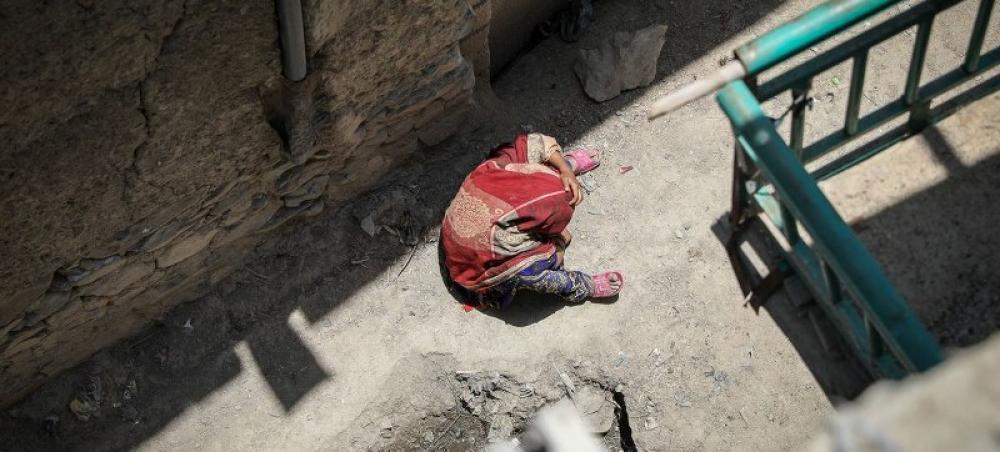26 Nov 2015, 10:06 am Print

The girl, Sapna, who hails from Sindh, underwent the surgery at RTIICS in Kolkata.
When she was just 2 months old doctors detected a hole in her heart (VSD- Ventricular Septal Defect).
VSD is a hole in the wall separating the two lower chambers of the heart. In normal development, the wall between the chambers closes before the fetus is born, so that by birth, oxygen-rich blood is kept from mixing with the oxygen-poor blood. When the hole does not close, it may cause higher pressure in the heart or reduced oxygen to the body.
It is a common feature for many a child.
The doctors there consoled her parents of cure of the same with age and so her father Bhoora Santosh did not do anything initially for the treatment of her eldest daughter.
He dreamt of his daughter becoming a teacher.
The child grew older and complexities arose.
The very spontaneity of a child was missing in her. She was taken to doctors many times but unfortunately the doctors prescribed some medicines only.
The father apprehended something worse. He was looking for some resourceful people who could help him to get his daughter cured of the heart disease.
Treatment of heart diseases in Pakistan is too costly to be afforded by lower middle class persons like Santosh who works in a small private farm and runs a family of five including his three daughters.
Fortunately he got in touch with the network of Rotary in Pakistan. They came to know of heart surgeries being done in Kolkata by Rotary Club of Calcutta Mahanagar.
Through a senior Rotarian Faiz Kidwai the baby was sent to India.
The baby and her parents were received by the members of Rotary Club of Calcutta Mahanagar in Kolkata and she was admitted in Rabindranath Tagore International Institute of Cardiac Sciences on Nov 22.
Baby Sapna was operated upon on Nov 24.
Rotary Club of Calcutta Mahanagar has been continuing to support cardiac surgeries of children for years and have already supported such surgeries for more than 750 children.
- New study shows vaccine campaigns cut deaths by nearly 60 per cent
- New study reveals relationship between caffeine consumption and slow cellular ageing
- Every hour, 100 people die of loneliness-related causes, says WHO
- DR Congo: New initiative to eliminate HIV in children ‘a beacon of hope’, says UN
- WHO study shows tobacco control efforts protect three-quarters of the world’s population






